With the advent of autonomous vehicles and 5G, in-car entertainment systems are gradually becoming essential for travel, gaining increasing recognition from the public, and becoming a key point for maximizing passenger enjoyment. Today, let’s explore what the future in-car entertainment systems will look like!
Communication
First, let’s discuss the communication between the car and passengers, which is undoubtedly the first step in in-car entertainment. For example, we currently use in-car voice systems (such as Google Assistant, Amazon Echo Auto, Nomi, Zebra, BYD DiLink “Xiao Di” system, etc.), gesture recognition (like Byton’s 3D gesture control, BMW, Junma SEEK 5 gesture control, etc.), holograms, in-car robots, and touch interfaces to engage in brief interactions with the car. Of course, these technologies are already in use in existing vehicles, but they still cannot achieve long-term and seamless conversations.


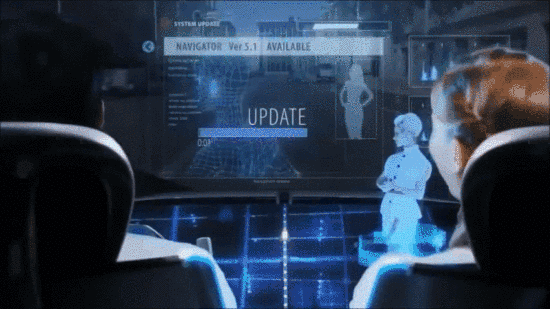
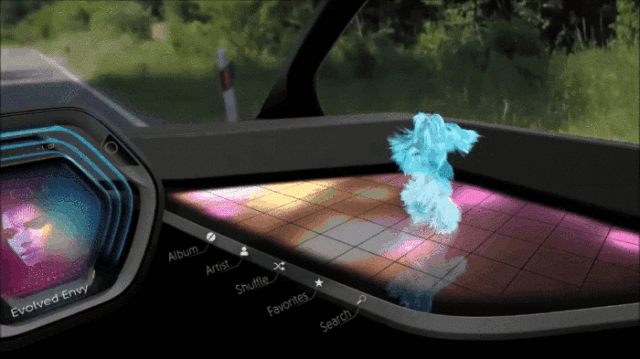
In addition to communication between the car and people, communication between people will also become more convenient. When someone is calling us, video images can be projected onto the car’s windshield, windows, or smart surfaces, with your permission, making our calls more convenient.
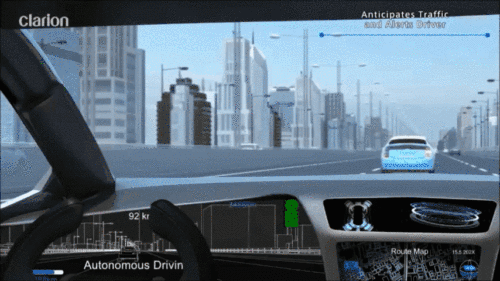
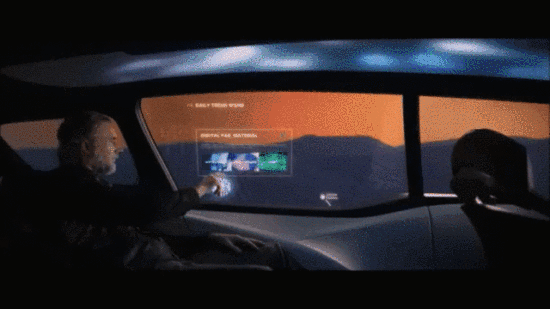

Super Cinema
What kind of experience will it be when a super cinema appears on our mobile devices? During long trips or at congested intersections, watching a movie or listening to music (with surround sound), combined with suitable ambient lighting and scents, is probably more comfortable than a cinema! This level of comfort allows us to say goodbye to the dull driving environment and offers a better user experience.
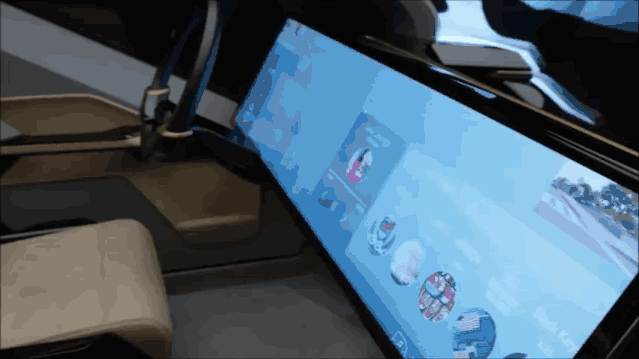
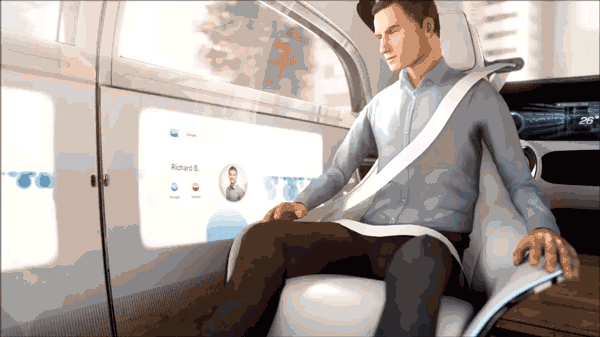
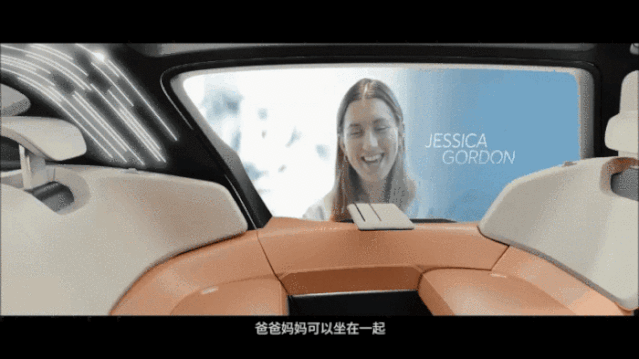

For instance, Audi’s 4D cinema and its application in concept cars can turn the car windows into screens, transforming the vehicle into a large viewing space, which feels very futuristic; Daimler’s 360-degree movie can turn the windshield into an interactive computer screen, somewhat like IMAX, allowing for an immersive experience.
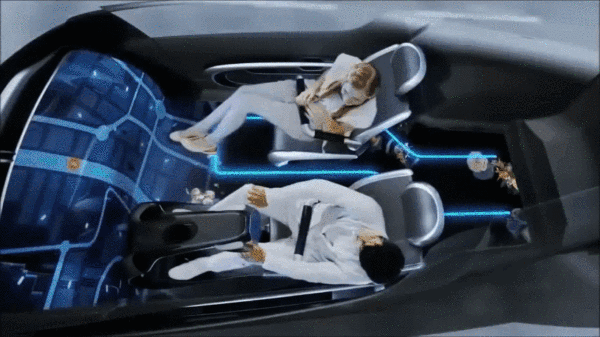
In-Car Gaming
Compared to cinemas, gaming is also very popular during long trips! For example, in-car racing games, Audi’s immersive game “Marvel’s Avengers: Rocket Raccoon Rescue”, Mercedes-Benz CLA’s SuperTuxKart, Tesla’s Beach Buggy Racing 2 and TeslAtari, Doom, etc. Whether virtual or real, whether VR or AR applications, they will integrate the surrounding environment, achieving multiplayer mobile and social gaming, adding infinite fun to our journeys.
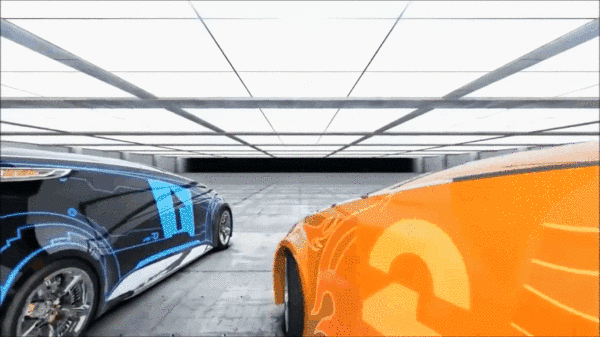
Toyota Concept
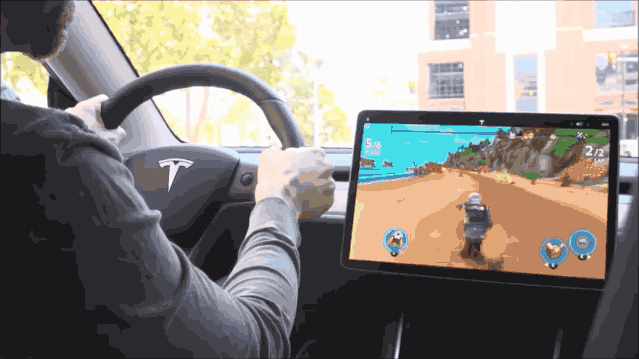
Of course, in gaming, besides fun games, there are also educational and interactive games. During the gaming process, we can fully integrate the car’s seat “motion”, air conditioning speed, fragrance, and ambient light design to match the game’s atmosphere, making the experience more realistic and enjoyable. This can be set as a configurable entertainment system solution, allowing games to be optional and personalized.

Leisure Time
Here, we provide a more elegant and comfortable environment for cars during leisure time. You can relax (Volvo 360C), shop in-car (personalized AI shopping assistants and holographic shopping, etc.), play chess, drink tea, exercise, study, etc., to achieve a pleasant leisure time in the car.
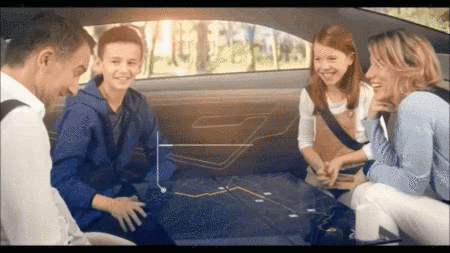
Playing Chess
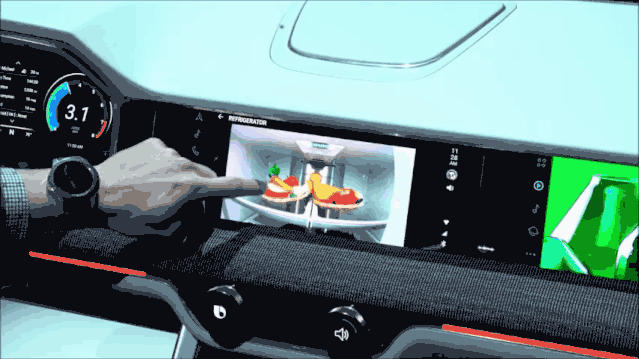
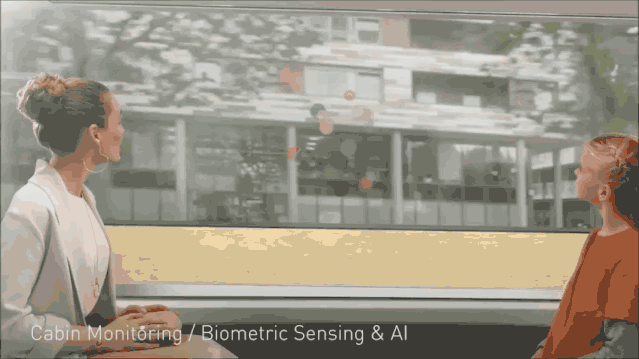
Shopping
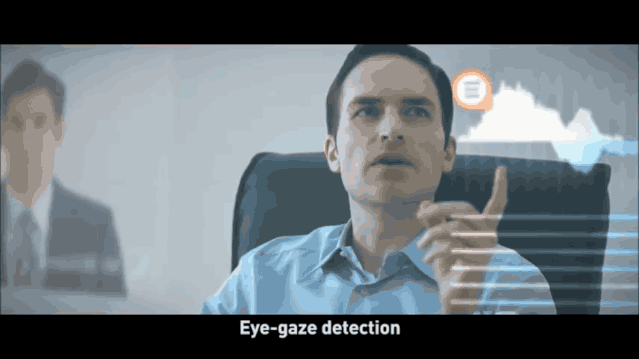
Working
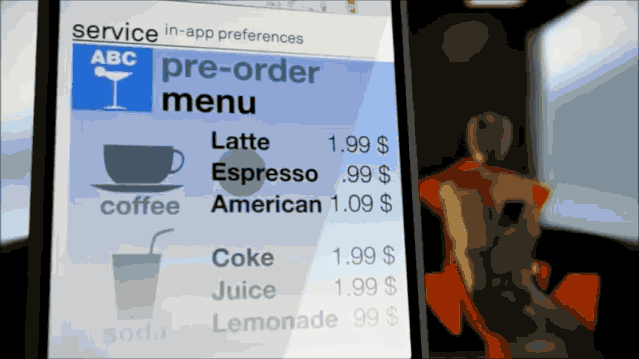
Drinking Tea
In the future, in autonomous vehicles, people will free their hands, and in-car entertainment will become a key option in interior design. Additionally, creating richer entertainment options will align with future in-car space designs and meet users’ personalized needs. We summarize as follows:
-
Ubiquitous screens will provide users with omnipresent interfaces, resulting in a better riding experience;
-
Context-aware configurable entertainment systems will reshape the possibilities of future cars, meeting passengers’ demands for personalization;
-
The application of leisure devices will provide more comprehensive and personalized services in the car, promoting consumption and enhancing user experience;
-
In-car games will not only be entertaining but will also introduce educational and interactive gaming experiences, diversifying and enriching in-car experiences;
-
Music is currently the most popular in-car entertainment, and in the future autonomous driving environment, new movie and gaming experiences will be better integrated into the car systems;
-
The design of personalized voice assistants will be safer and easier to use, facilitating better communication between passengers and the car; on the other hand, with the application of 5G, future in-car wireless communication will become smoother.
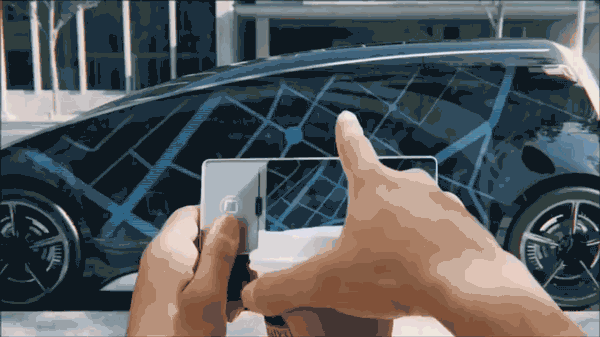
More intelligent travel experience designs await you at the IXDC2019 International Experience Design Conference.
This July, the conference invited senior design team managers and designers from five companies: Xiaopeng Motors, BAIC New Energy, NIO, ChargeSmith, and Airbnb to speak at the “Smart Travel Summit”, sharing how to create intelligent and warm experiences amidst complex and variable resource and market environments, building better intelligent travel experiences for the public.
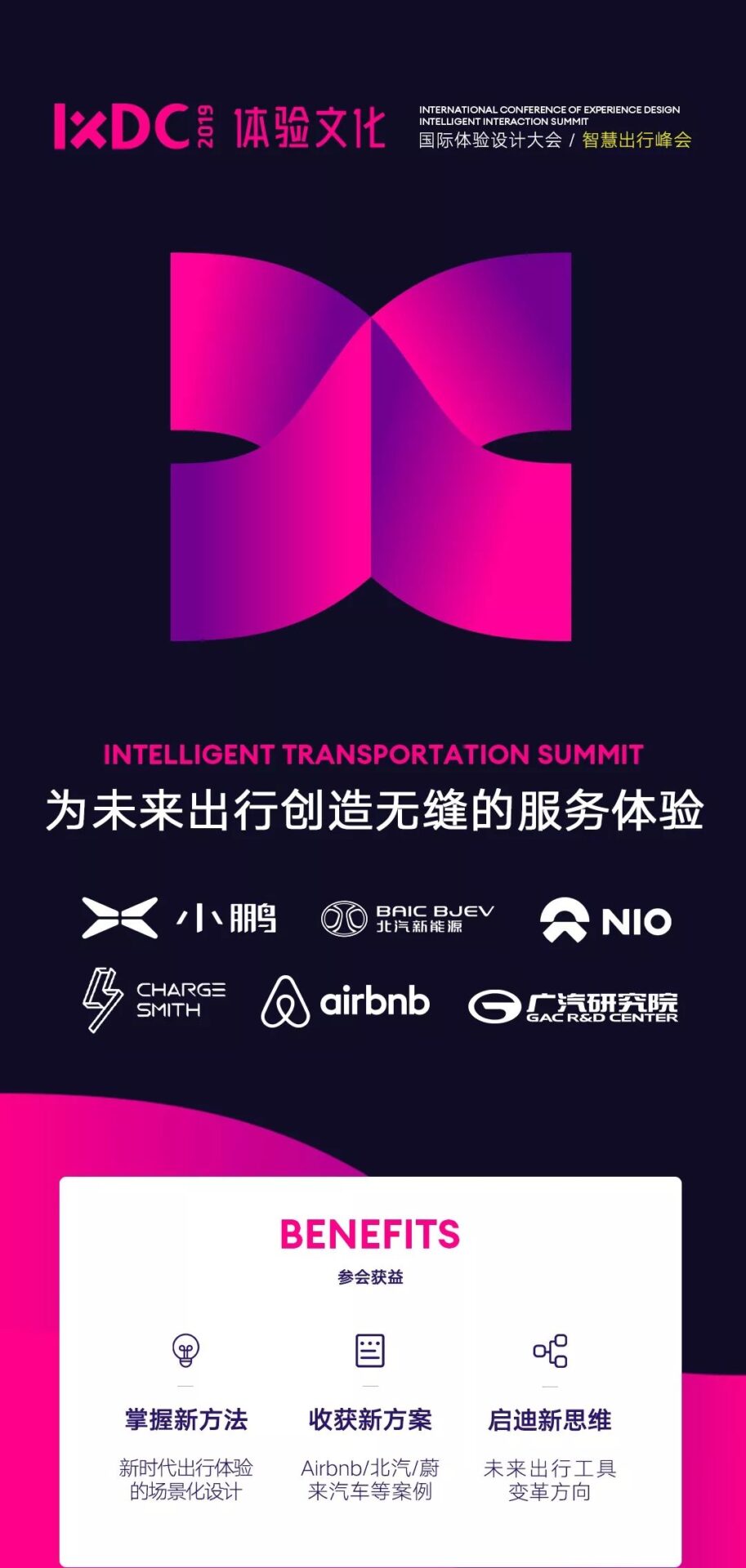

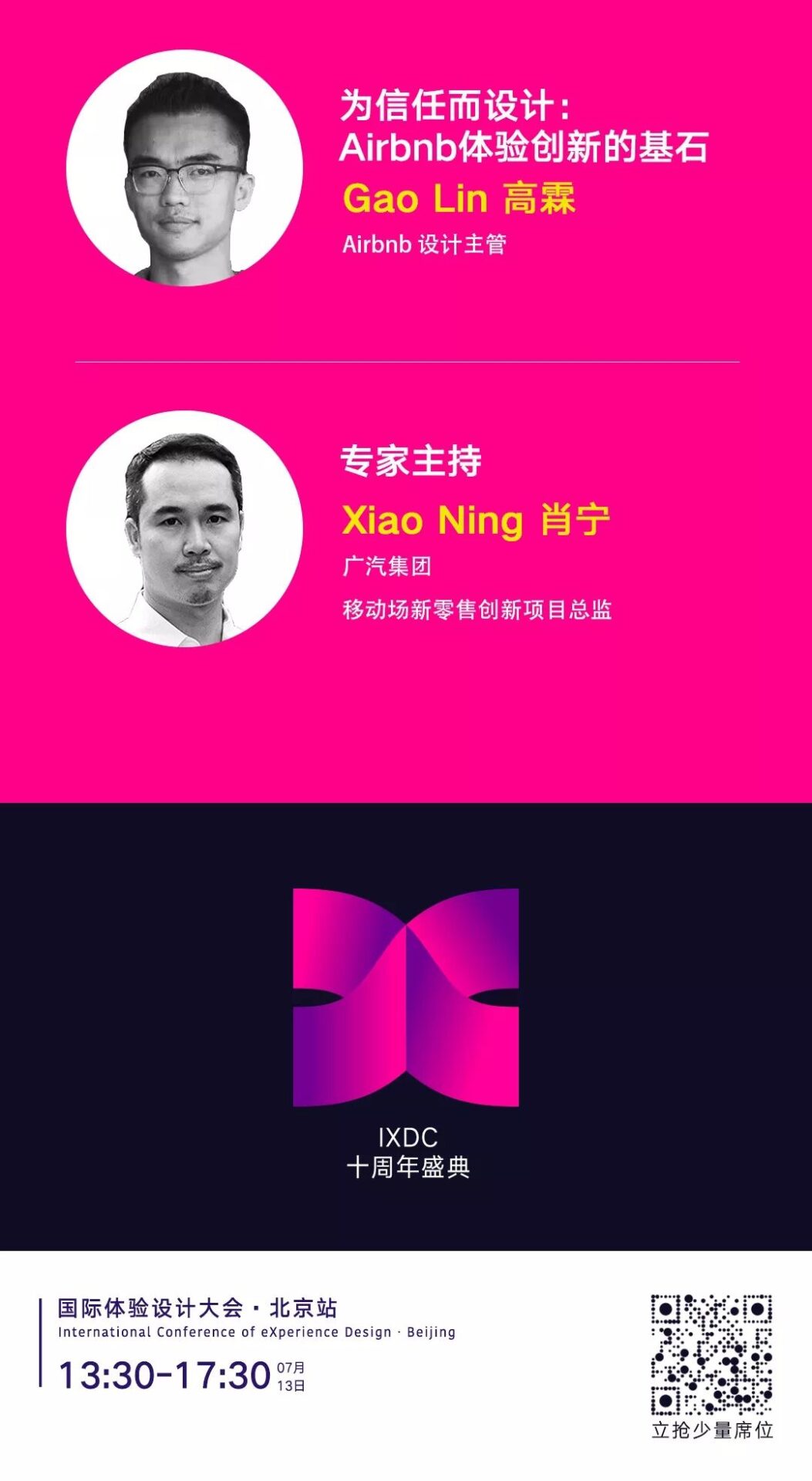
If you are involved in automotive experience design, you will gain new insights— how to think about scenario-based design to realize the value of design; if you are a product manager or user researcher interested in the travel field or new transportation tools, participating in this “Smart Travel Summit” will help you understand the development direction of future travel tool reforms and future user travel needs.
Understanding user needs is key to providing better services, so grab your phone and sign up for the summit, and get ready for a wealth of insights!

Click “Read More”
Join the Experience Design Festival!